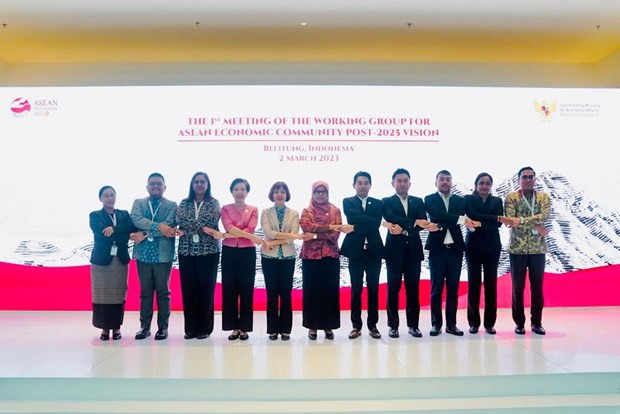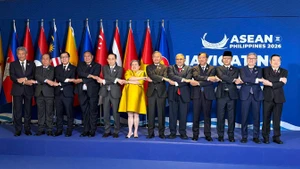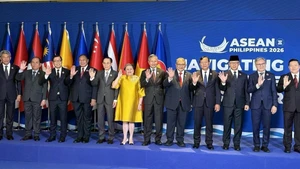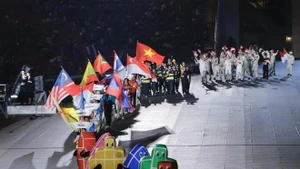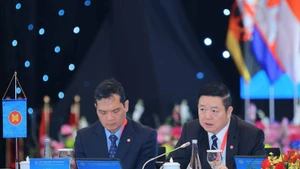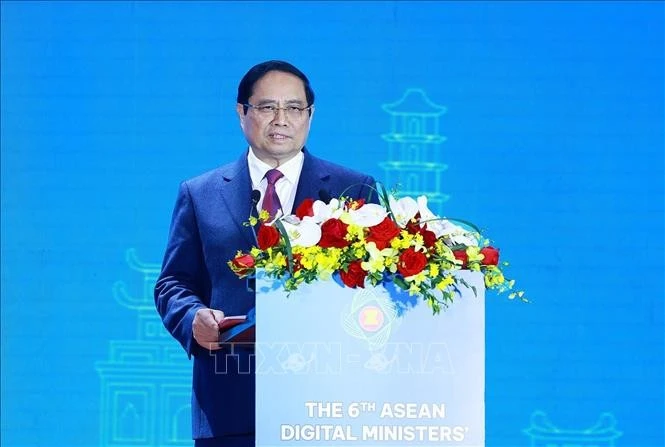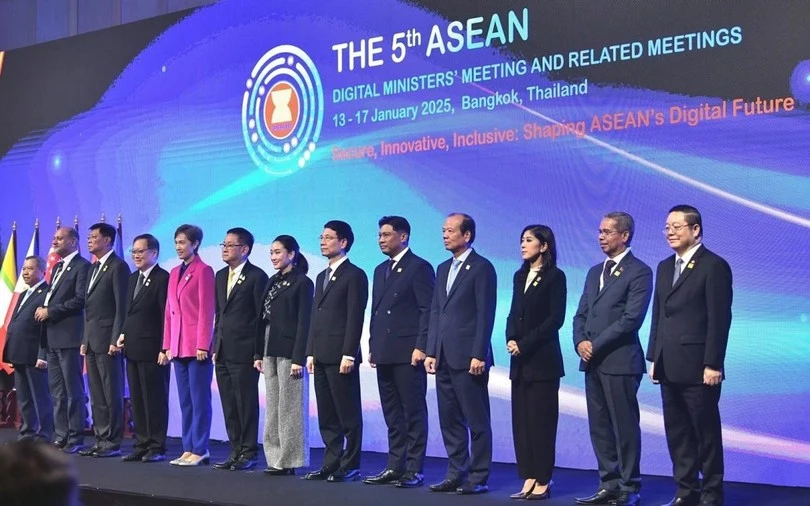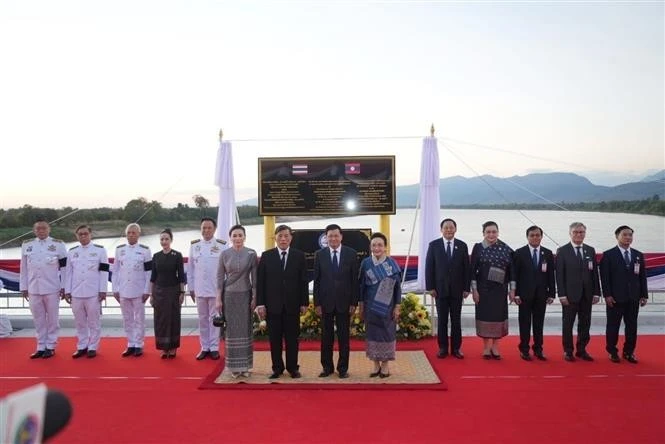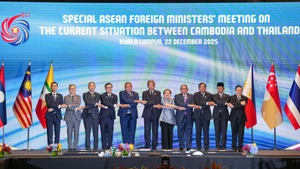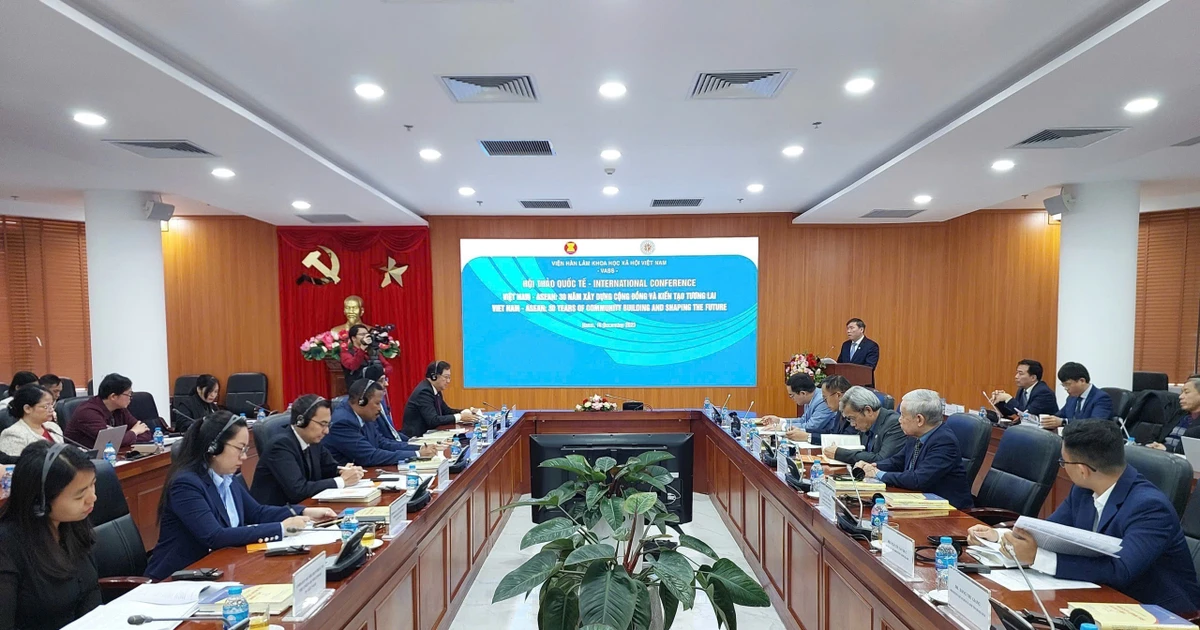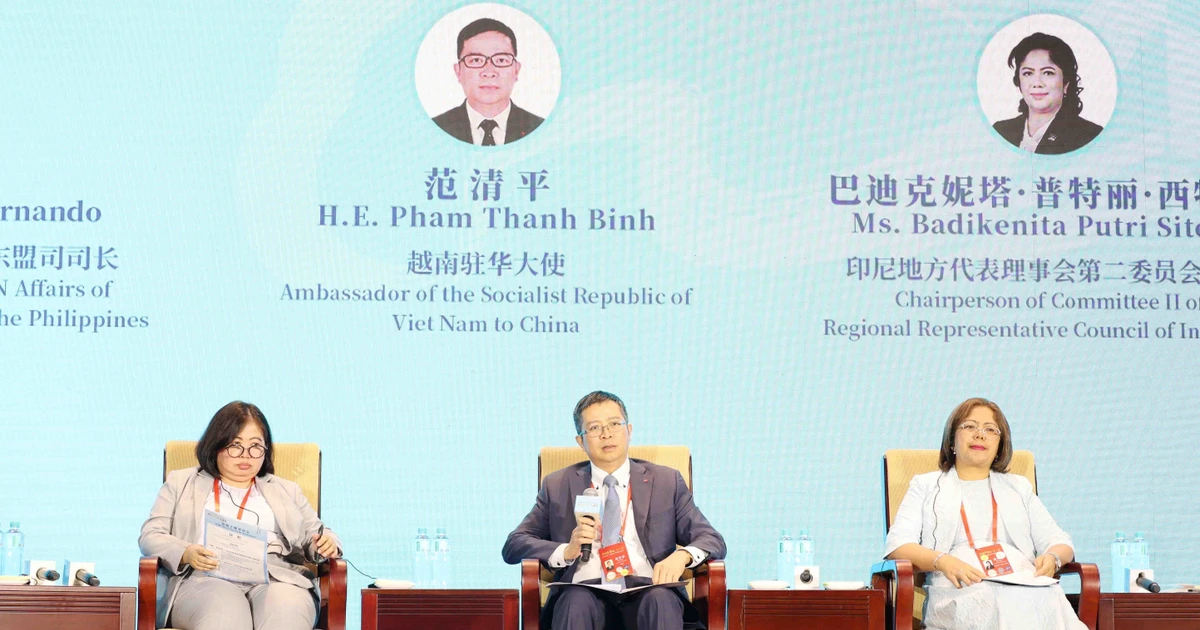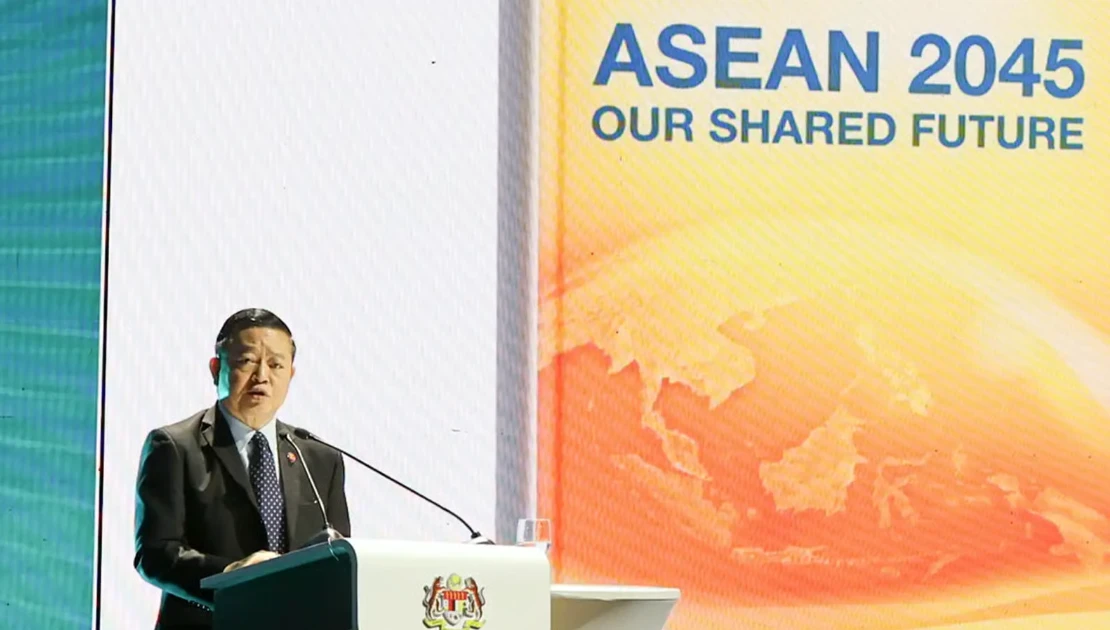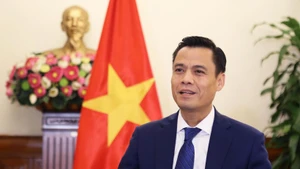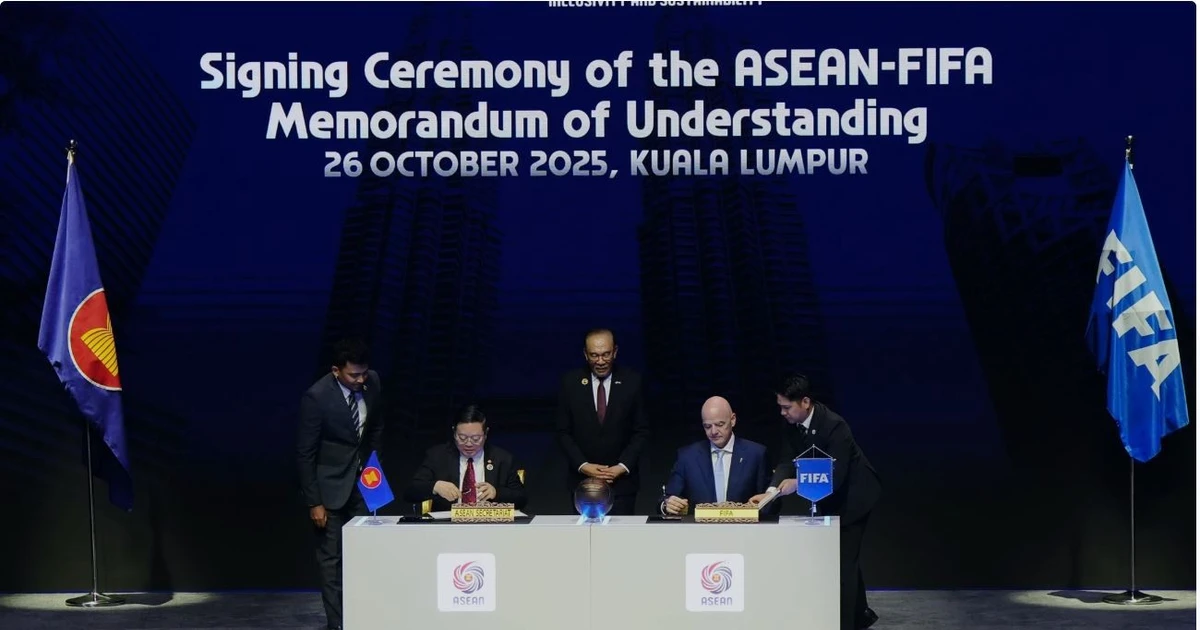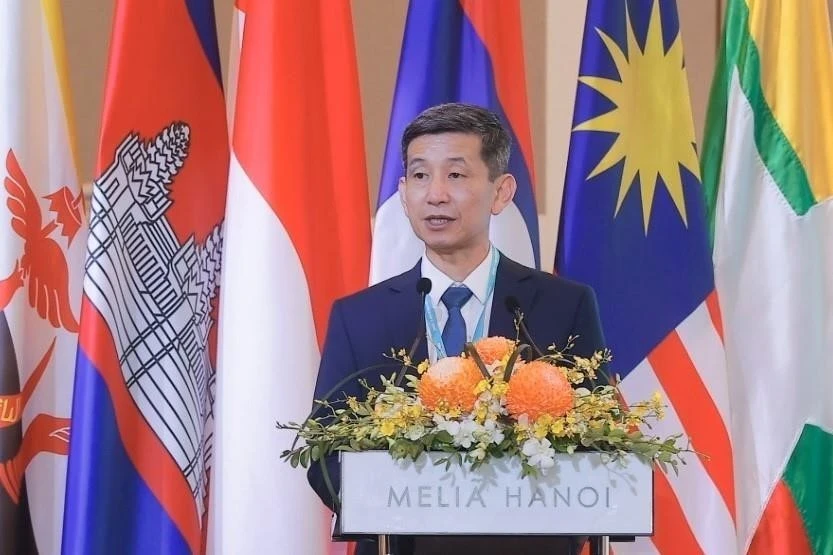In a statement released on March 7, Netty Muharni, an official from the Coordinating Ministry for Economic Affairs of Indonesia, said the development of the Post-2025 ASEAN Vision became the main discussion at the meeting of the Working Group for ASEAN economic community post-2025 Vision (WG-AP) which was chaired by Indonesia for the first time on March 2 in Indonesia’s Belitung.
Currently, six core elements have been agreed upon to serve as guidelines to develop the vision including Action-oriented; Sustainable; Enterprising, bold, and innovative; Adaptable and pro-active; Nimble and resilient; Inclusive, participatory, and collaborative.
The six core elements are expected to be agreed upon by the leaders of ASEAN member countries at the 42nd ASEAN Summit which will take place in May 2023 in Indonesia, Netty said.
The Post-2025 Vision is built following the six core components but several new characteristics need to be included in the document to anticipate and support economic integration in the future including health, global megatrends, creative economy, sustainability, digitalisation, and cooperation with ASEAN partners.
The monitoring and evaluation mechanism is an important key both in the formulation and implementation of various agreed activities or programmes. Coordination and modality of consultation of all stakeholders in the preparation of this document are very important.
According to Netty, three approaches will be carried out, namely through surveys, focus group discussions, and in-depth interviews on certain issues.
